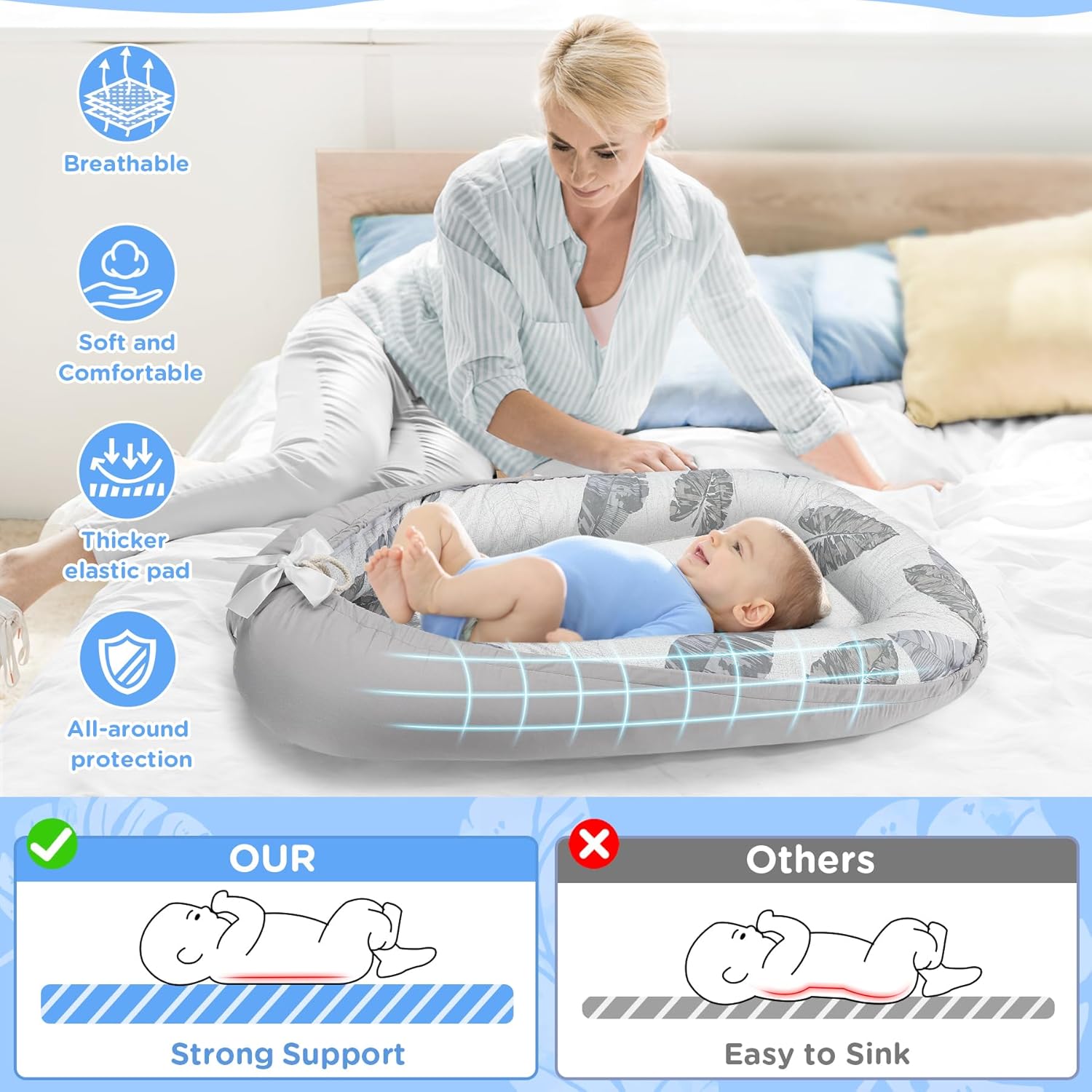Breastfeeding vs. Formula Feeding: Pros and Cons Explained
Breastfeeding vs. Formula Feeding: Pros and Cons Explained
Choosing between breastfeeding and formula feeding is one of the first important decisions parents make. Understanding the advantages and disadvantages of each can help you make the best choice for your baby and lifestyle. This article explores the pros and cons of both breastfeeding and formula feeding.
Breastfeeding: Pros and Cons
Pros:
- Optimal Nutrition
- Breast milk provides ideal nutrients specifically tailored to your baby’s developmental needs.
- Immunity Boosting
- Rich in antibodies, helping protect against infections and illnesses.
- Bonding Experience
- Promotes emotional bonding between mother and child.
- Cost-Effective
- Breastfeeding is free, reducing financial burdens.
- Convenience
- Always available and at the right temperature.
Cons:
- Physical Challenges
- Initial breastfeeding can be uncomfortable or painful for some mothers.
- Time and Frequency
- Requires frequent feeding, which can be demanding.
- Dietary Restrictions
- Mothers need to monitor their diet, avoiding certain medications or substances.
- Exclusive Responsibility
- Mother solely responsible for feeding, potentially limiting flexibility.
Formula Feeding: Pros and Cons
Pros:
- Convenience and Flexibility
- Any caregiver can feed the baby, allowing mothers more freedom.
- Scheduled Feeding
- Easier to track feeding amounts and timing.
- No Dietary Restrictions for Mothers
- Mothers can eat or take medications without concern.
- Less Frequent Feedings
- Babies tend to feed less frequently as formula digests slower.
Cons:
- Cost
- Formula feeding can be expensive due to the ongoing purchase of formula and supplies.
- Preparation Time
- Requires preparation, sterilization, and careful storage.
- Less Immunological Protection
- Formula lacks the antibodies and natural immunity boosters present in breast milk.
- Digestive Issues
- Some babies experience increased gas, constipation, or allergies.
Conclusion
Ultimately, the choice between breastfeeding and formula feeding depends on personal circumstances, health considerations, and lifestyle preferences. Consulting with healthcare providers can provide further guidance to ensure the best decision for both you and your baby.
amazon Best Seller







Comments